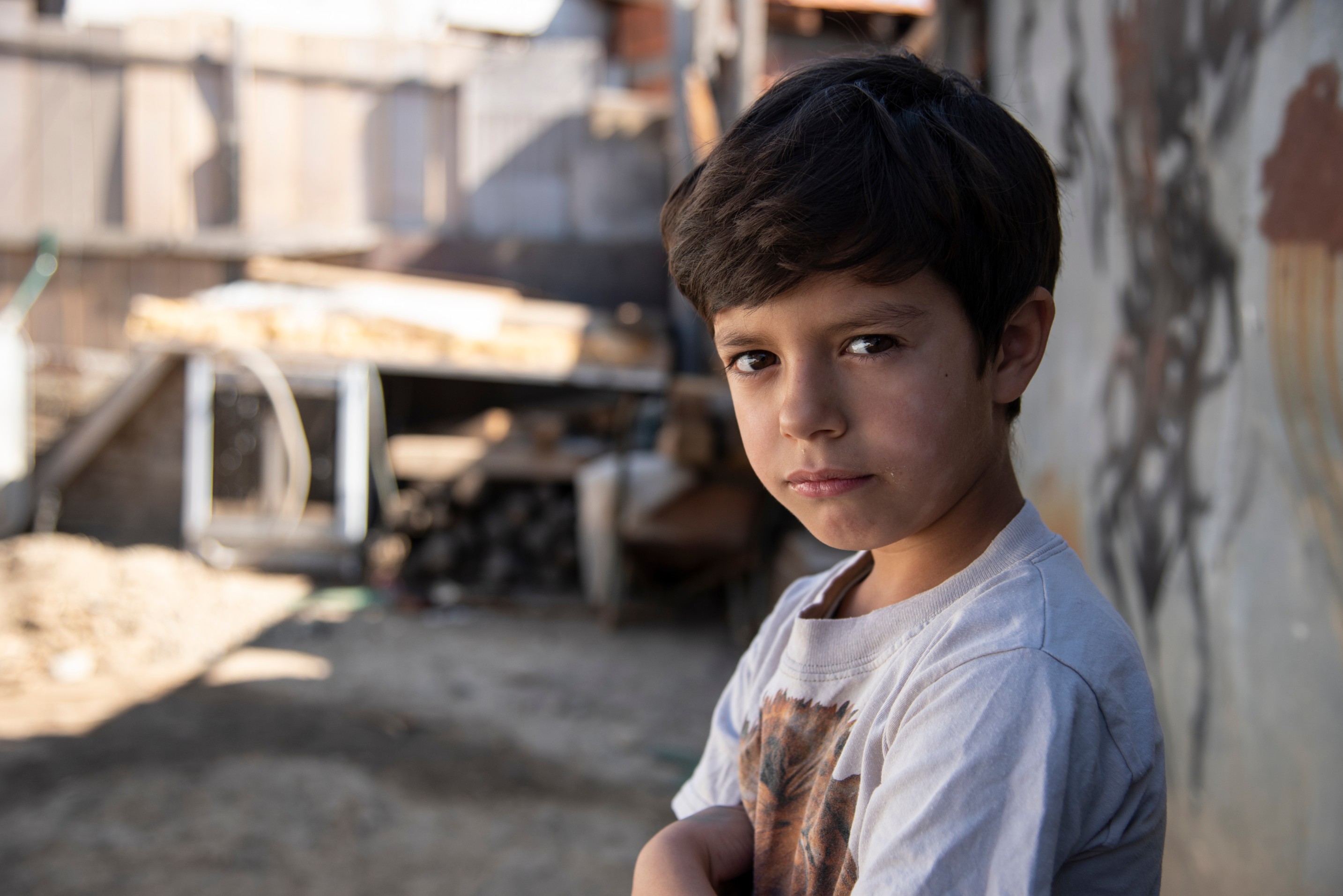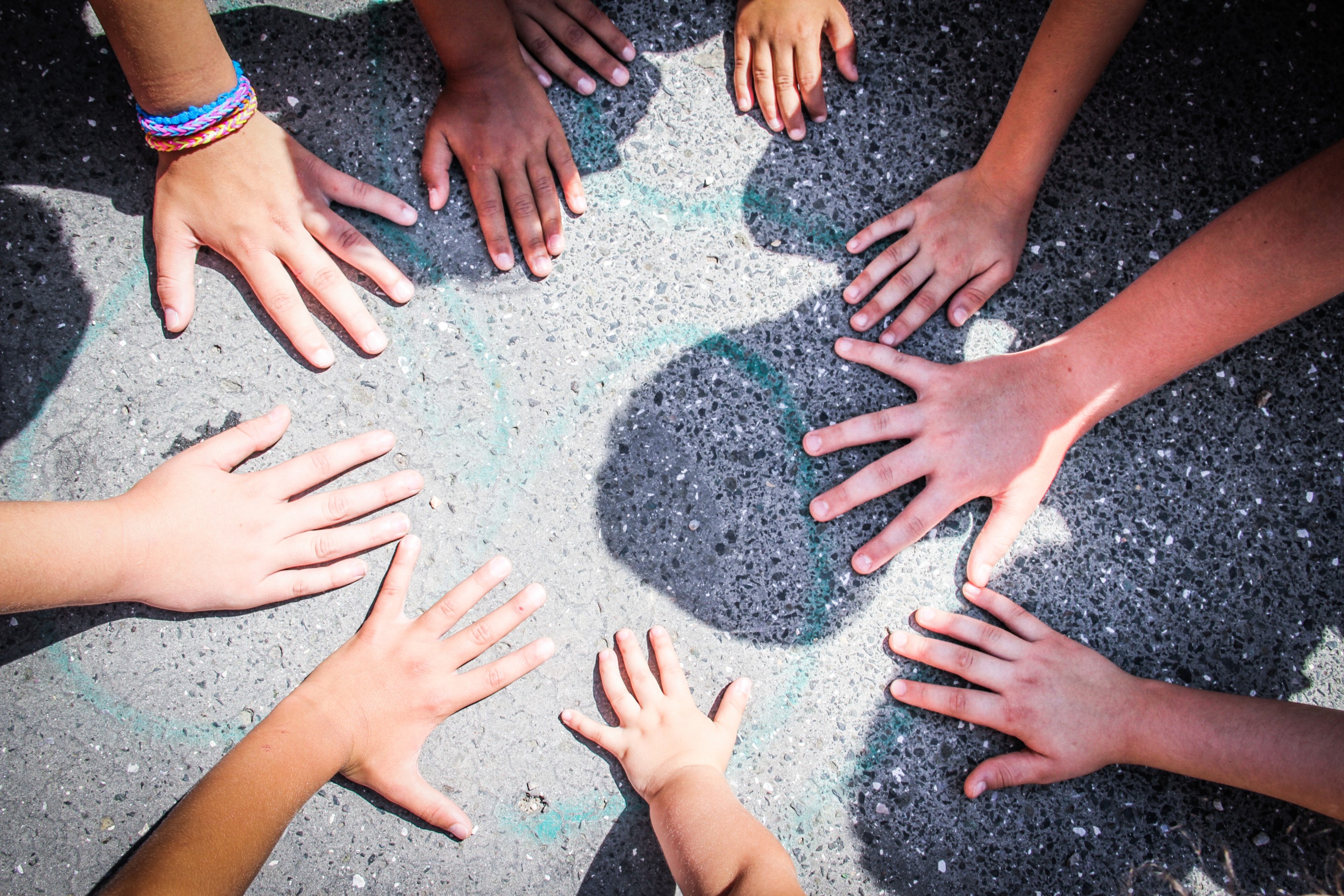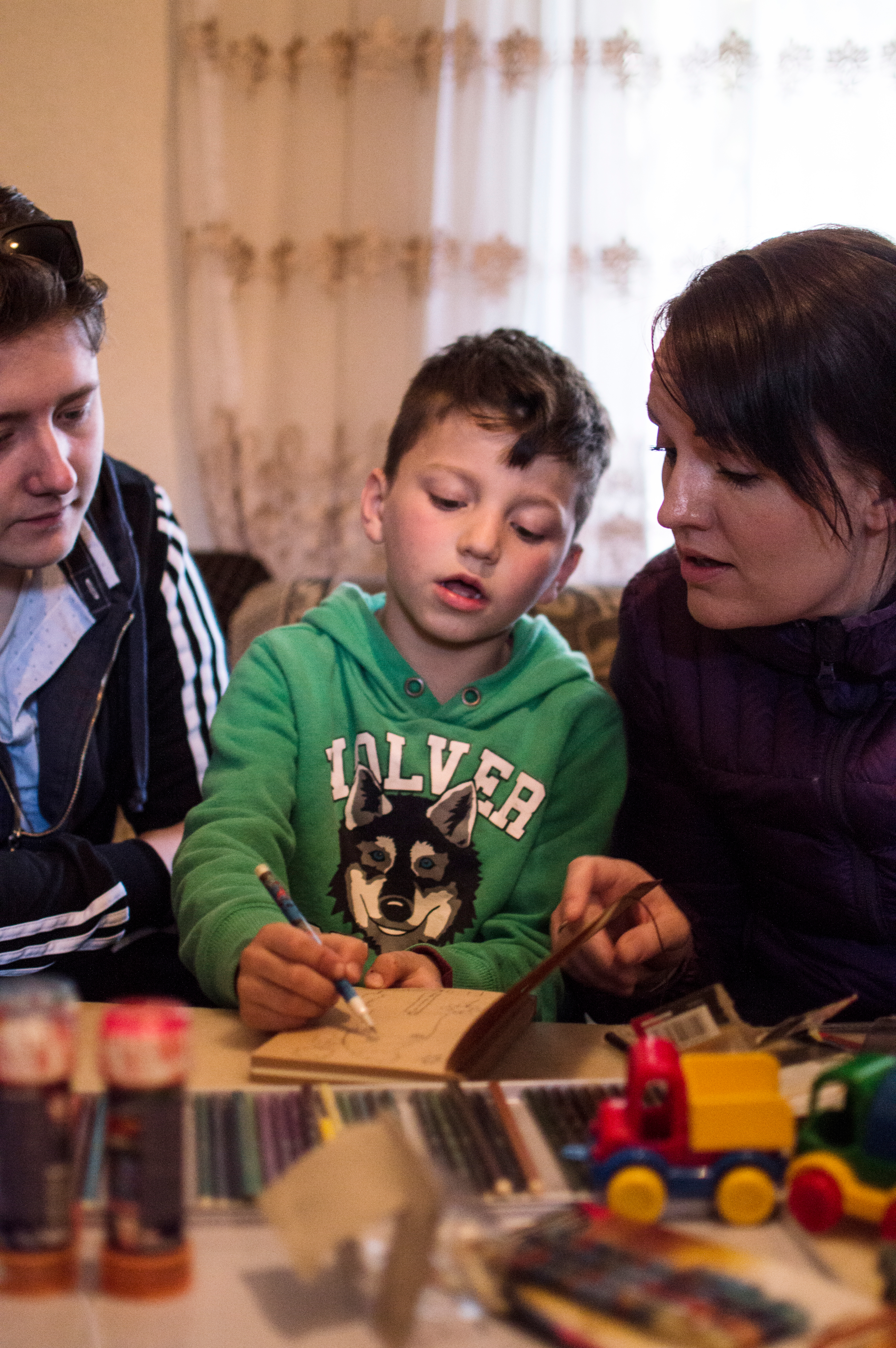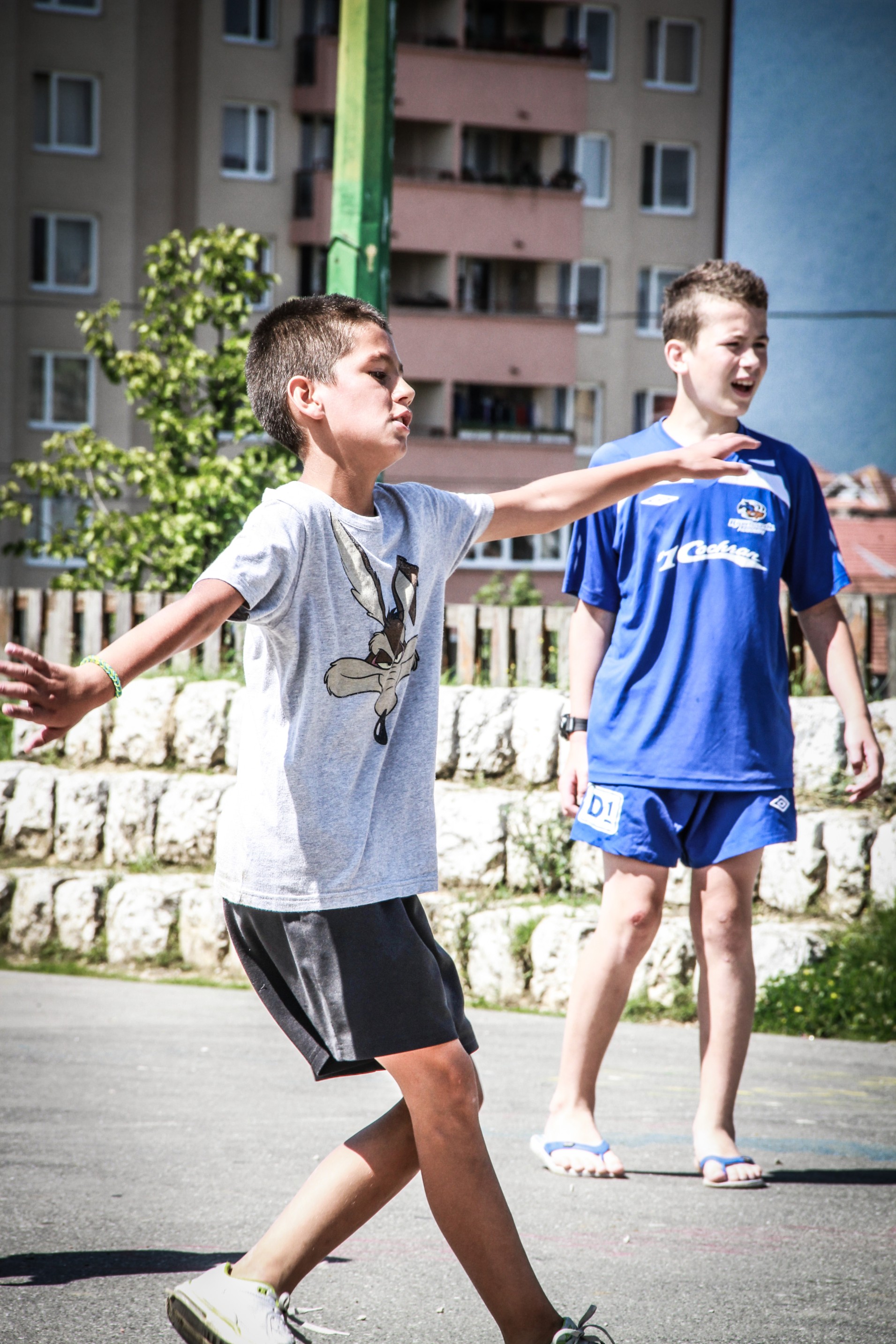Family
Strengthening
The goal of the program is to create an environment where parents and caregivers are able to overcome challenges and provide a stable, nurturing and caring setting for their children.
The program focuses on strengthening parenting skills and significantly improving the socio-economic conditions of families. It is of utmost importance that children grow up within their biological families. Therefore, we do everything possible to prevent the need for separation from their families.
Family strengthening services are, by their nature, preventive interventions aimed at addressing or mitigating challenges faced by children and their families. Their primary goal is to prevent the escalation of these difficulties and to ensure that children can remain in a safe and caring family environment.
- I
Primary Prevention
Primary prevention focuses on reducing major risk factors faced by families with children within the community. This includes raising public awareness and strengthening the capacities of state institutions so they can more effectively support families with children living in the community. - II
Secondary Prevention
Secondary prevention involves working with families facing specific challenges within the community, in collaboration with agencies responsible for child protection and welfare. The aim is to support these families in their child-rearing responsibilities. - III
Tertiary Prevention
Tertiary prevention focuses on supporting the reintegration of children in state care back into their biological families, in collaboration with agencies responsible for child protection and welfare. This level of prevention involves providing tailored support to both the child and the family throughout the reintegration process.
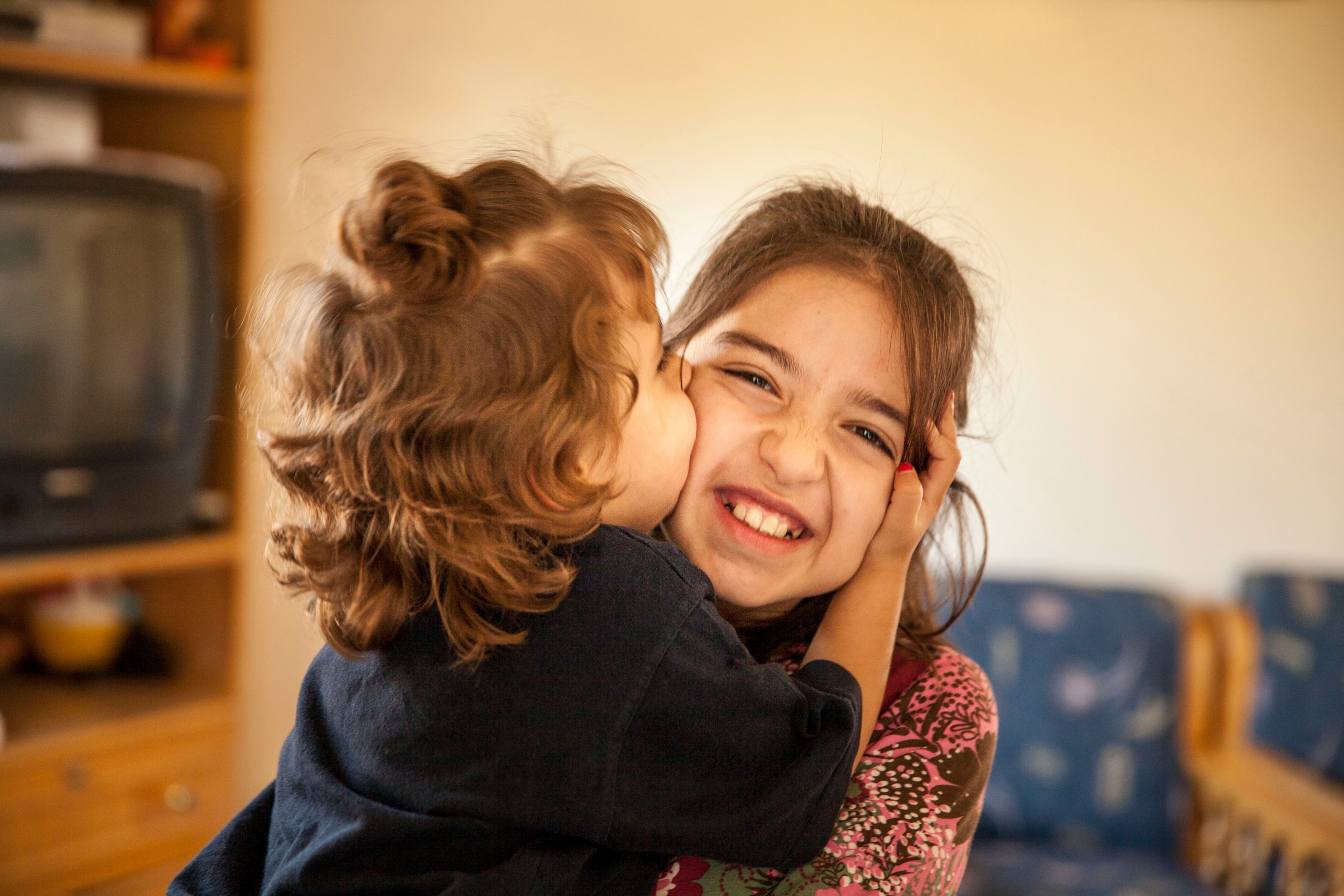
- 01
Work with Families
In the Family Strengthening Program, we work with families with children who face psychosocial and economic challenges and require support to raise their children in a healthy and safe environment. These families include those living within the community as well as the families of children currently in state care who need assistance during the process of reintegration (returning the children) to their biological families. When working with these families, we use a holistic, comprehensive approach, providing services that are tailored as closely as possible to the individual needs of each family: - Psychological services include individual and group psycho-consultations and therapeutic interventions for children, caregivers, and other family members. - Social work services involve support from the project’s social worker from the family’s entry into the program until its completion and exit. This includes assessing the family’s needs and strengths, implementing a plan developed together with the family, advocating for the family’s needs and rights with community and state institutions, and diversifying the family’s support network. - Economic empowerment component involves supporting families through engagement of an employment specialist in gaining access to the open labor market and self-employment opportunities, acquiring vocational skills, starting small entrepreneurial activities, and promoting agricultural development in rural areas. - Positive parenting programs focus on supporting parents and enhancing their parenting capacities through internationally recognized programs adapted to the Georgian context, such as “Strong Parents, Strong Children” and “Parenting without Violence.” - Support with household items includes providing families, when needed, with furniture, essential household goods, food, and other necessary supplies.
- 02
Reintegration of Children with Biological Families
Facilitating the reintegration of children in state care is a vital component of the Family Strengthening Program and is carried out in close cooperation with state authorities. The process begins with the psychosocial and economic empowerment of the family before the child is returned—while the child is still in the state care system. By adequately preparing the family and following the state’s decision to reunify the child with their biological family, the program continues to support the relationship between the child and the family, focusing on creating and maintaining a safe physical and emotional environment for the child. As part of the support for reintegration of the child into the biological family, both the child and the family receive a wide range of comprehensive, needs-based services that encompass all components of the Family Strengthening Program. These include psychological support, social work services, economic empowerment, provision of essential household items, and more. Particular attention is given to strengthening the family through the development of positive parenting skills and working on the prevention of violence.
- 03
Mother & Child Shelter
This is a 24-hour service intended for pregnant women and mothers with children who require support and empowerment due to various challenges. The service includes the following forms of assistance: - Provision of a safe and secure environment - Provision of adequate nutrition, clothing, and personal hygiene products - Support for the parent’s vocational education and employment/self-employment opportunities - Access to essential medical services - Provision of social work and psychological services (both individual and group) for both parents and children - Support for parents in developing positive parenting skills through evidence-based international programs adapted to the Georgian context ("Strong Parents, Strong Children" and "Parenting Without Violence") - Strengthening the family’s support network Currently, the organization operates four Mother and Child Shelters — two in Tbilisi and two in Kutaisi.
- 04
Early Childhood Development
The aim of the service is to stimulate the development of children with disabilities, developmental delays, or those at risk of such conditions, and to strengthen their families. In addition, the program promotes the inclusion of children in early childhood and general education programs, as well as supports their social integration process. The Early Childhood Development Program is implemented in cooperation with the state and includes both the assessment of the child’s development and the creation of an individual development plan with active involvement of the family. Support is provided either in the child’s natural environment and/or at the center. The goals of the program are to: ● Foster the development of cognitive, motor, communication, and emotional skills; ● Prevent developmental delays; ● Educate and empower parents in matters related to child upbringing and development.
- 05
Day Care Centers
The organization operates two Day Care Centers designed for children of different age groups: 1. Day Care Center in Kutaisi The Day Care Center serves children aged 1 to 3 from vulnerable families. These include children of single parents, families transitioning from Mother and Child Shelters, and others in similarly challenging circumstances. The Center provides a safe, nurturing emotional and physical environment that supports the child’s holistic development. Children receive nutritious meals and essential hygiene supplies as part of the care. As part of our Family Strengthening Program, we work closely with parents of enrolled children to build and promote positive parenting skills. The Day Care Center services are provided in collaboration with the Kutaisi Municipality City Hall. 2. Day Care Center in Zugdidi The Day Care Center is designed for children aged 6 to 18 from socially vulnerable families. At the Day Care Center, children receive a range of essential services, including: two nutritious meals a day, support for developing social, emotional, and vocational skills, assistance with academic and non-formal education as well as opportunities to participate in cultural and educational activities. The services of the Day Care Center are provided in cooperation with the state.
- 06
Community Empowerment
Community empowerment serves the purpose of raising community awareness about the needs of families with children and the ways to support them, as well as to strengthen the professional capacities of institutions responsible for child welfare, helping them better meet these needs. Within the program, training sessions, seminars, and working meetings are held in target municipalities, aimed at empowering professionals working in the field of child welfare. Relevant topics include: • Positive parenting (evidence-based programs adapted to both international and local contexts, such as “Strong Parents – Strong Children” and “Parenting Without Violence”); • Prevention of child abuse; • Children’s rights; • Managing challenging behavior; • Development of life and employability skills for youth (the evidence-based program “Next Economy”); • Gender equality and issues of domestic and gender-based violence.
Key Focus Areas
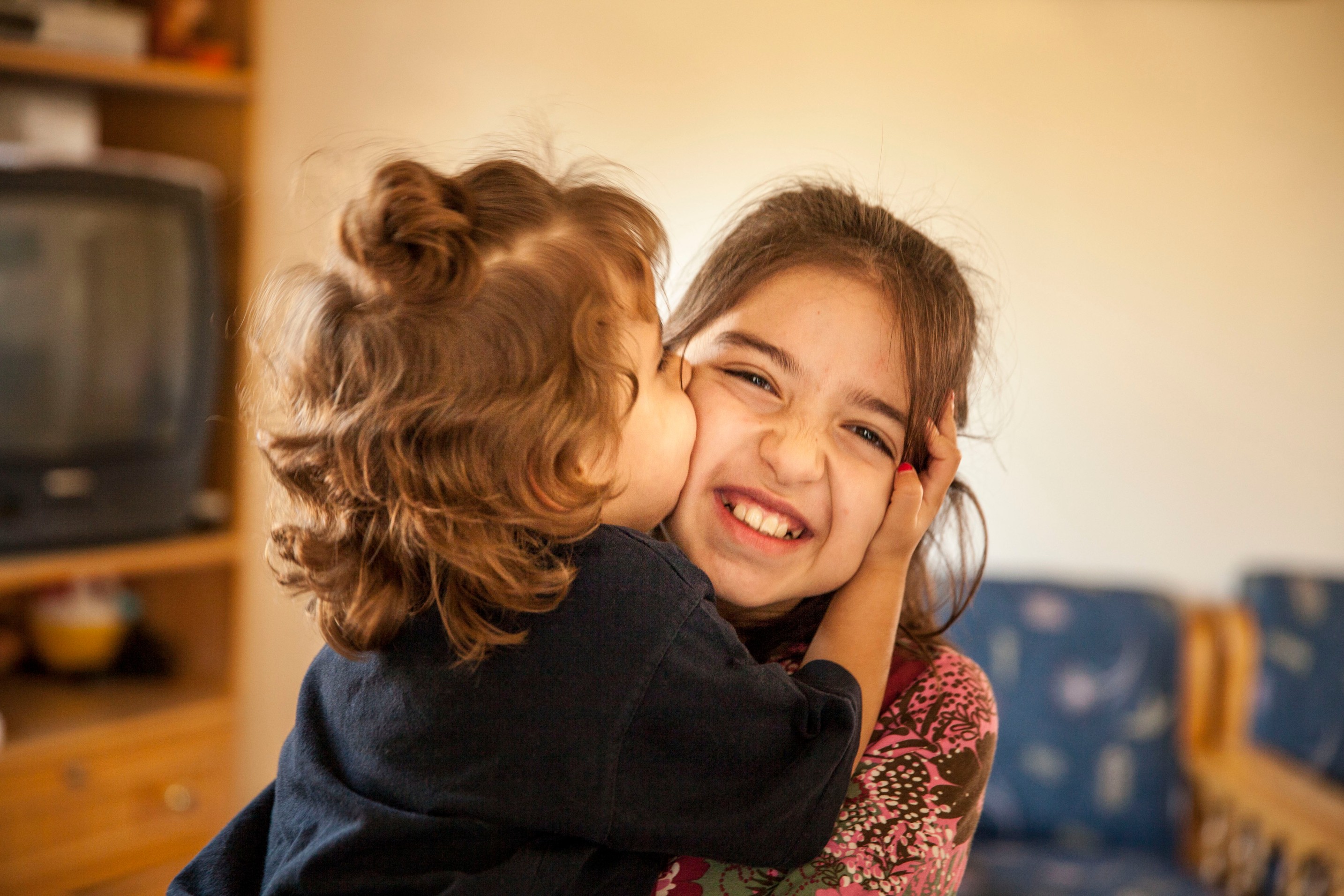
Learn More About
Our Organization
and Programs
Subscribe to Newsletters About Our Work and Updates
